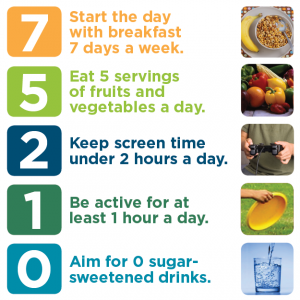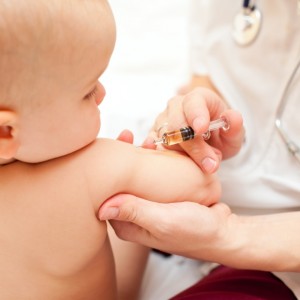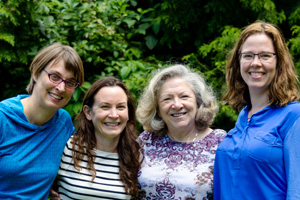Shannon Keating always imagined that she would be a mom some day, but she didn’t expect she’d be treated at a fertility clinic at age 17. Shannon was diagnosed with Hodgkin Lymphoma as a high school sophomore, was successfully treated and then relapsed nine months later. As she prepared to fight for her life a […]
On the Pulse
Nestled serenely in the woods of the Pacific Northwest near Mt. Rainier is a unique camp for kids. Stanley Stamm Summer Camp is week-long, sleepover camp for children with serious illnesses, ages 6 to 14 years old who are patients at Seattle Children’s Hospital. From cystic fibrosis to congenital heart disease, Stanley Stamm Camp can […]
Today’s teens are the first “digital natives” who have grown up with the internet. So much of what they learn about online safety comes from their peers, but what lessons are they teaching one another? To find out, Dr. Megan Moreno, an investigator in Seattle Children’s Research Institute’s Center for Child Health, Behavior and Development […]
Tessa Senger, of Spokane, Wash., appeared to be a perfectly healthy child until she began having seizures at age 4. Her mother, Brenda Senger, took Tessa to a local neurologist, who diagnosed her with epilepsy. But the treatments prescribed to Tessa did not lessen her seizures, which were occurring up to 50 times each day. […]
A new study from Seattle Children’s Research Institute suggests integrating mental health treatment into primary care may reduce depression symptoms in teens. Challenges accessing treatment While 14% of teens experience serious depression, few receive evidence-based treatments for mental illness. This puts them at greater risk of suicide, substance abuse, early pregnancy, low educational attainment, recurrent […]
Obesity is a health problem that affects 15% of children and teens in the U.S. According to the American Academy of Pediatrics (AAP), obesity is a national health emergency. However, Victoria Garcia, manager of Community Benefit at Seattle Children’s Hospital, says there are small, simple steps families can take to reduce the risk of obesity. […]
Finding mental health treatments without unwanted side effects can be challenging, but scientists at Seattle Children’s Research Institute (SCRI) have discovered an area of the brain that could one day be targeted to treat depression more effectively. Dr. Eric Turner, a principal investigator in Seattle Children’s Research Institute’s Center for Integrative Brain Research, together with […]
Experts have long believed that when the risk of a disease is high, people are more likely to accept a vaccine to prevent that disease. But recent research suggests that might not be uniformly true. Dr. Elizabeth Wolf, an investigator in Seattle Children’s Research Institute’s Center for Child Health, Behavior and Development, led a study […]
Watch the derby girls from the Seattle Derby Brats, the largest junior roller derby league in the Northwest, whiz around the roller rink at high speeds, weaving meticulously between skaters and occasionally crashing to the ground, and it’s understandable why safety is a priority for the league. When the Seattle Derby Brats, reached out to […]
This month, Dr. Kym Ahrens is going to camp with 24 teenagers. Some people would call that an adventure; others, a challenge. Ahrens calls it research. Ahrens, an adolescent medicine specialist and researcher within Seattle Children’s Research Institute’s Center for Child Health, Behavior and Development, is studying whether an intensive, five-day “dose” of a specially designed […]










